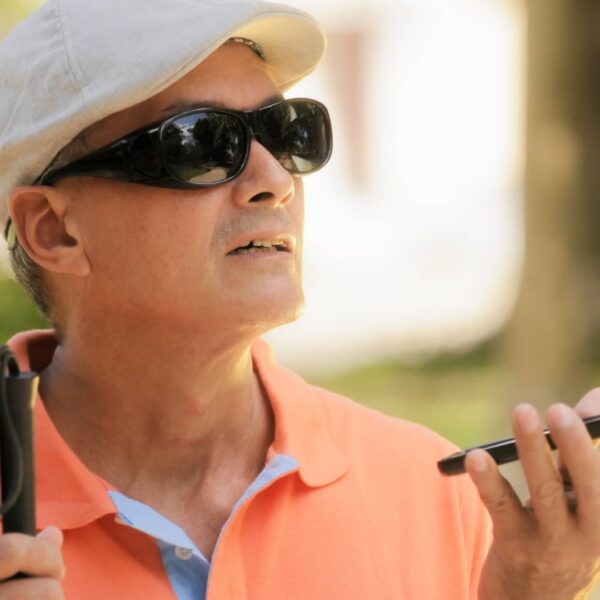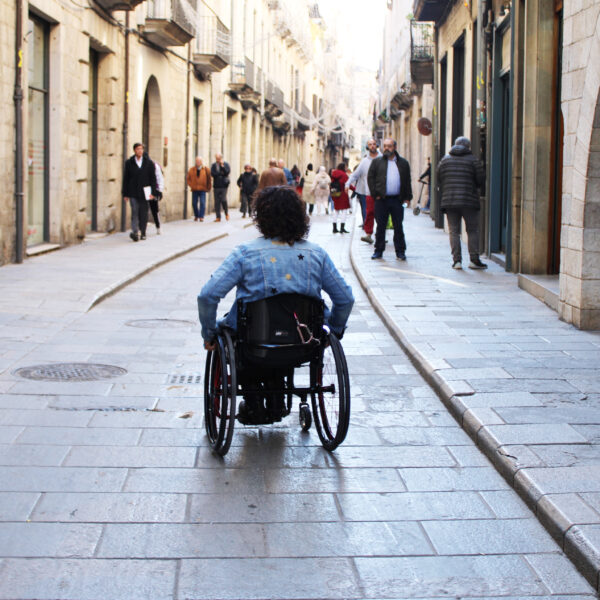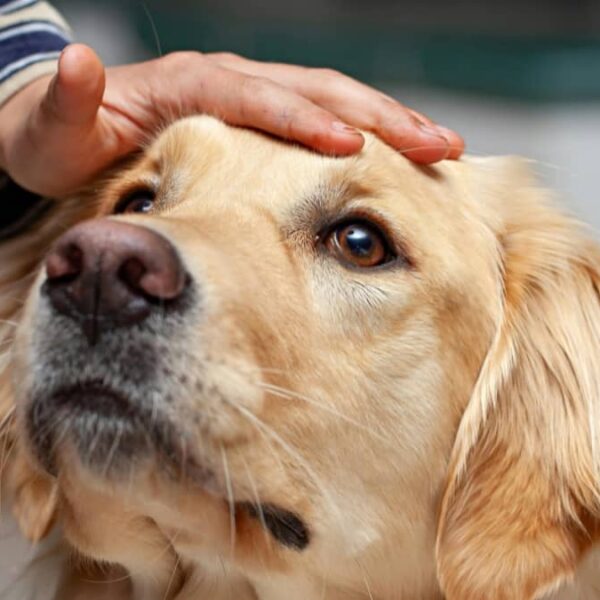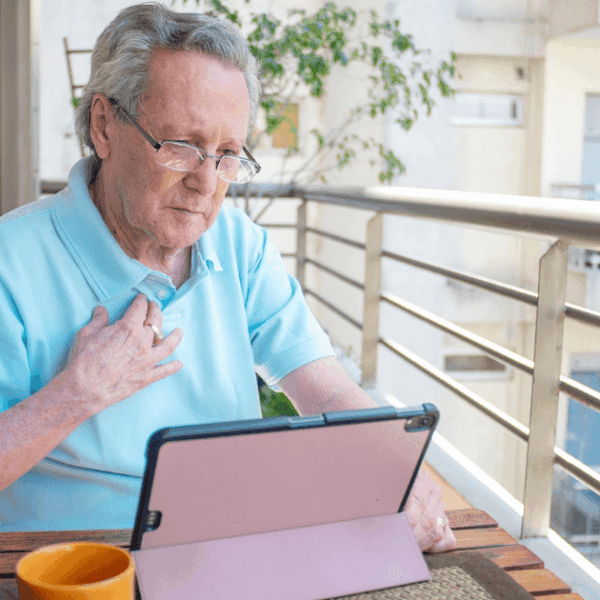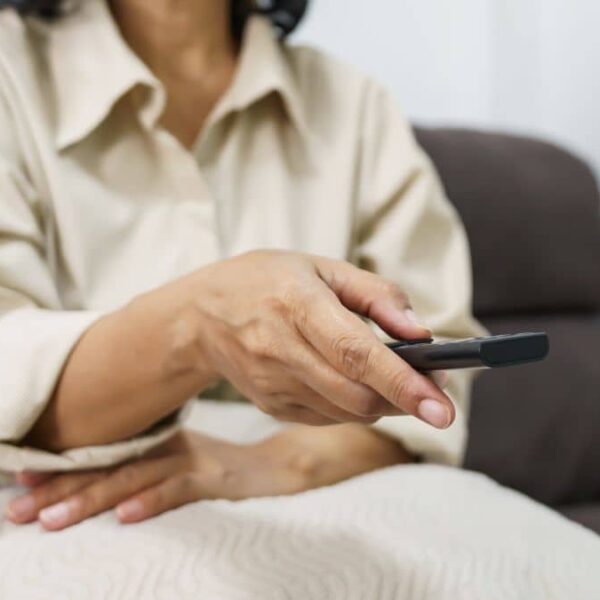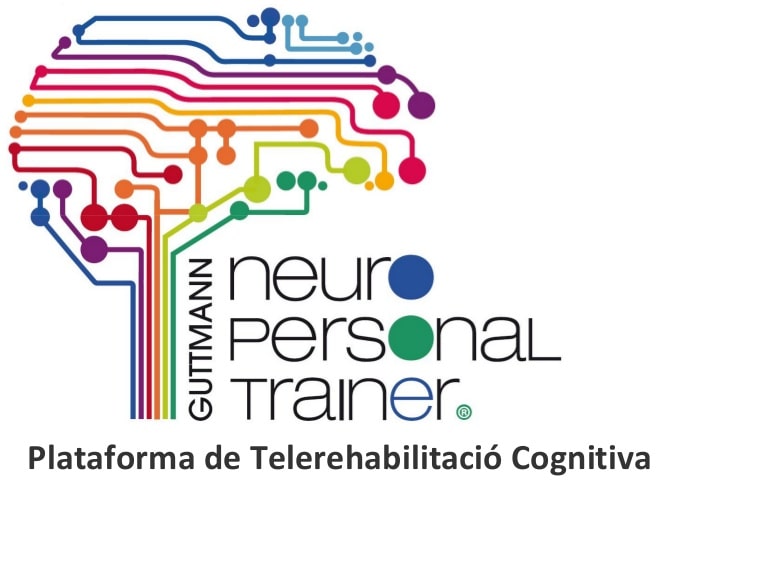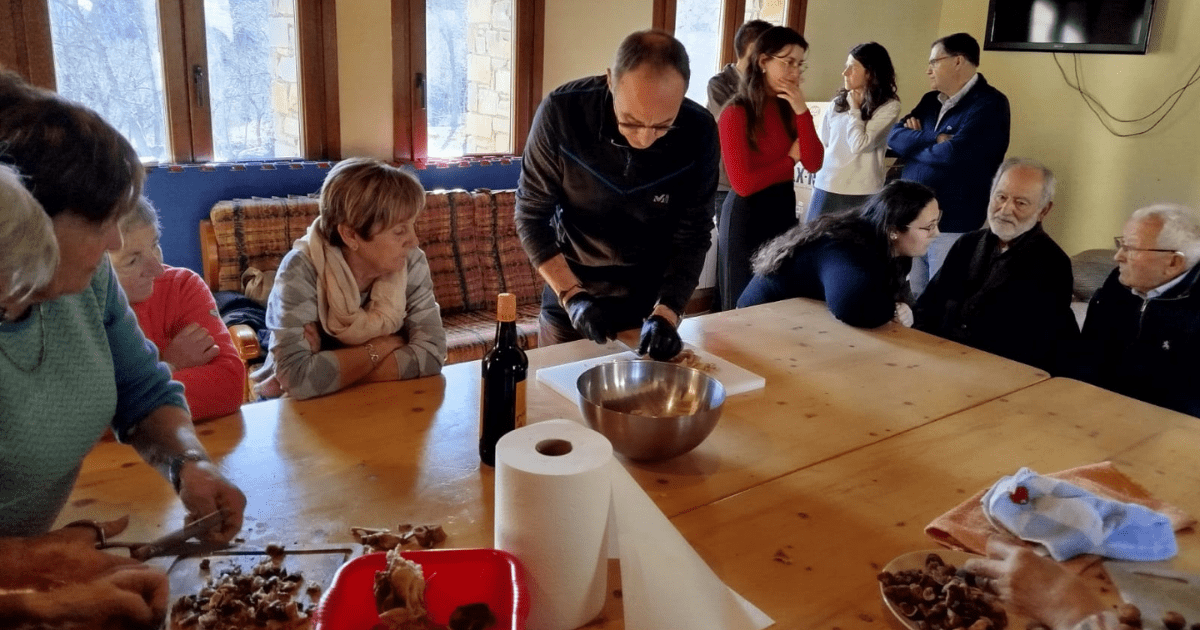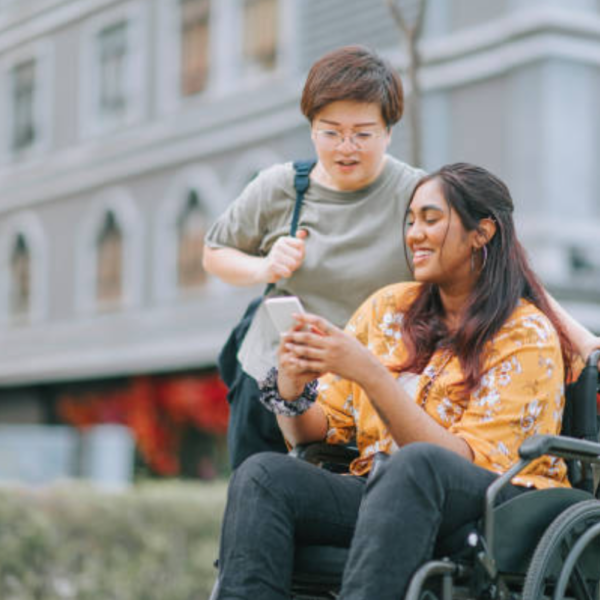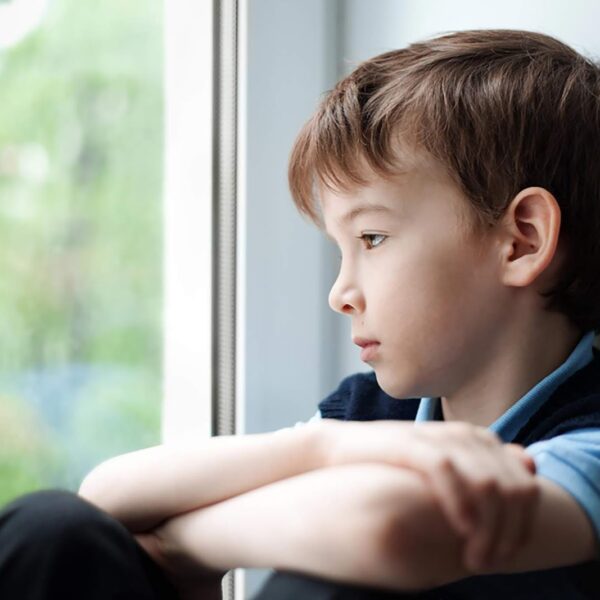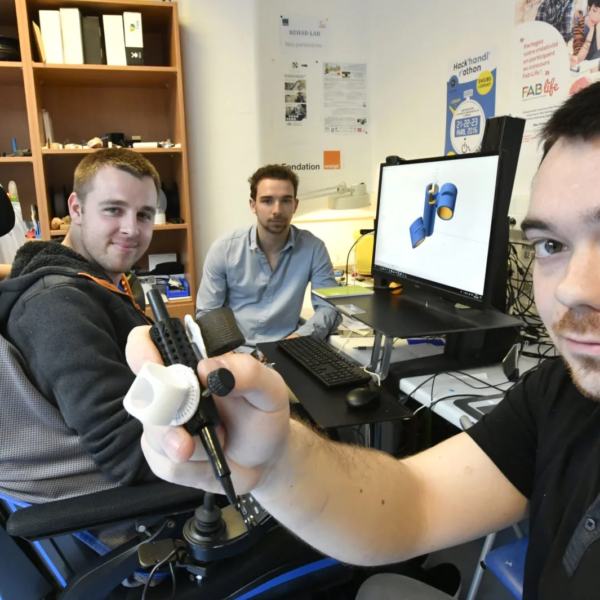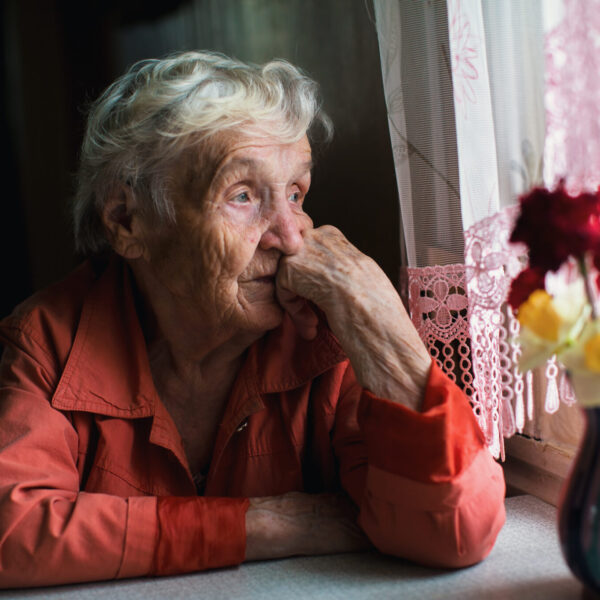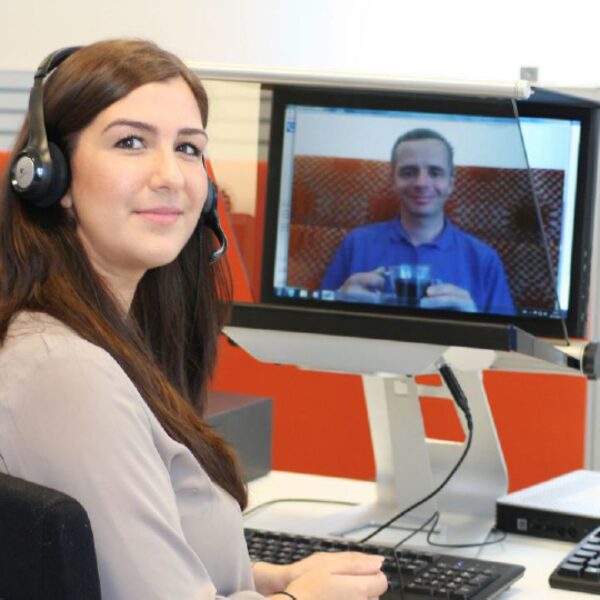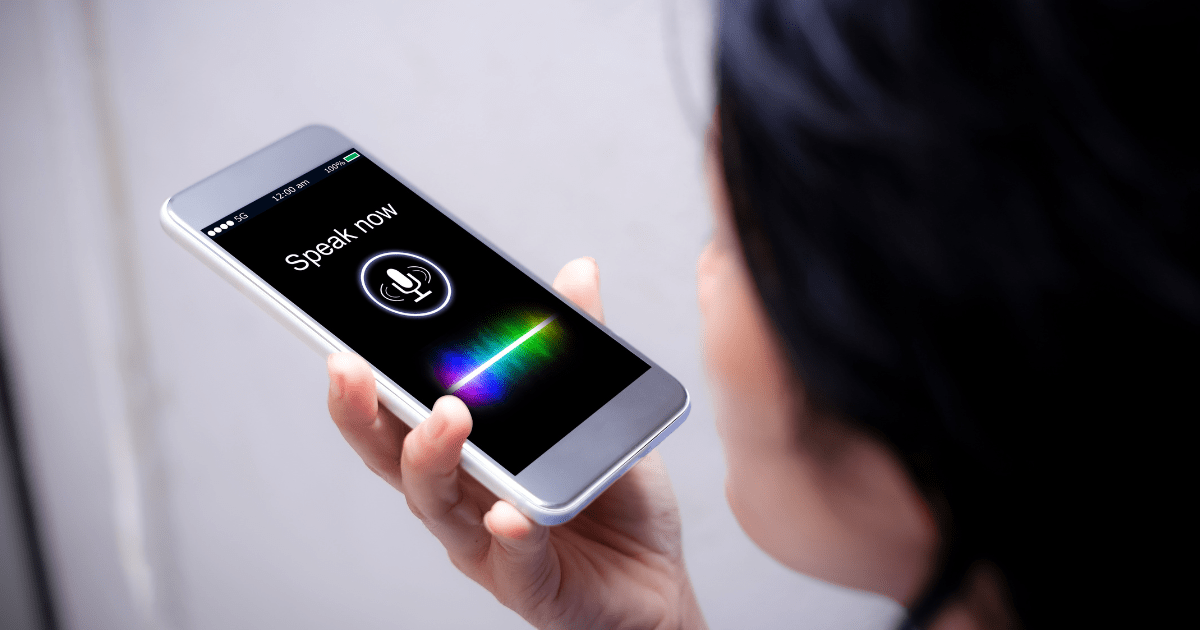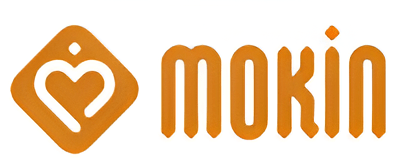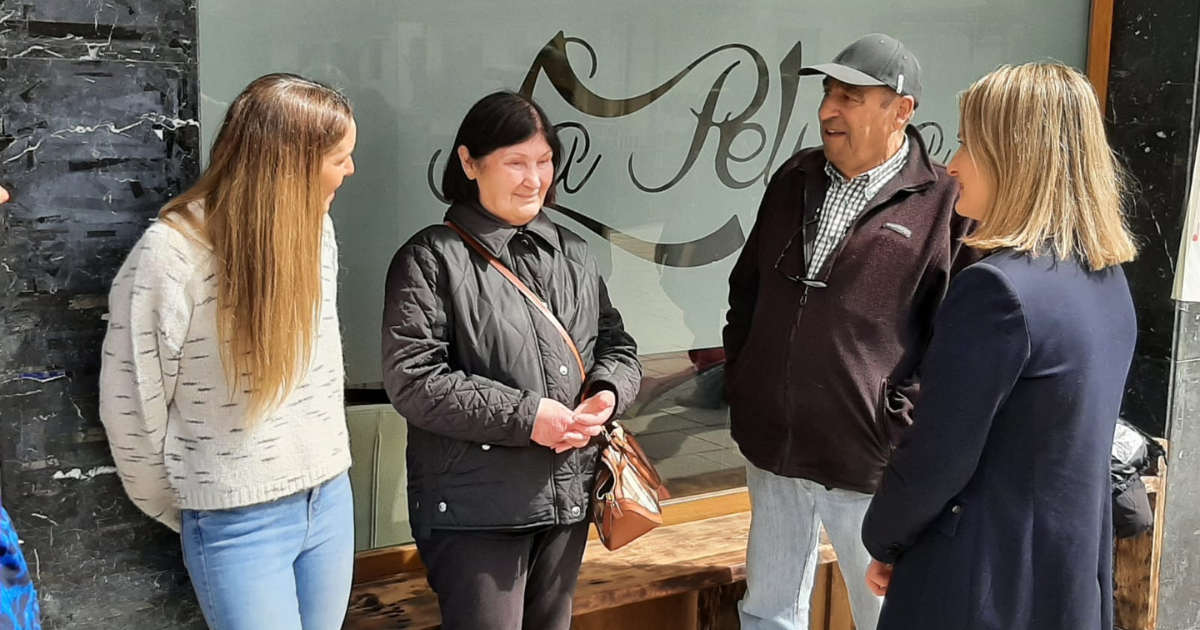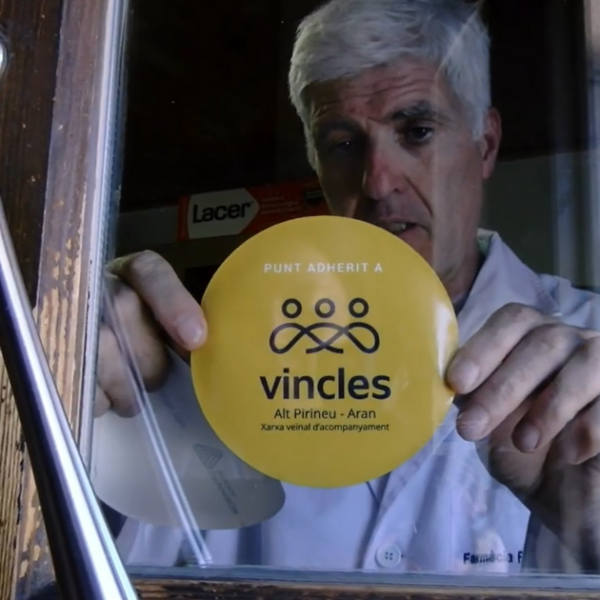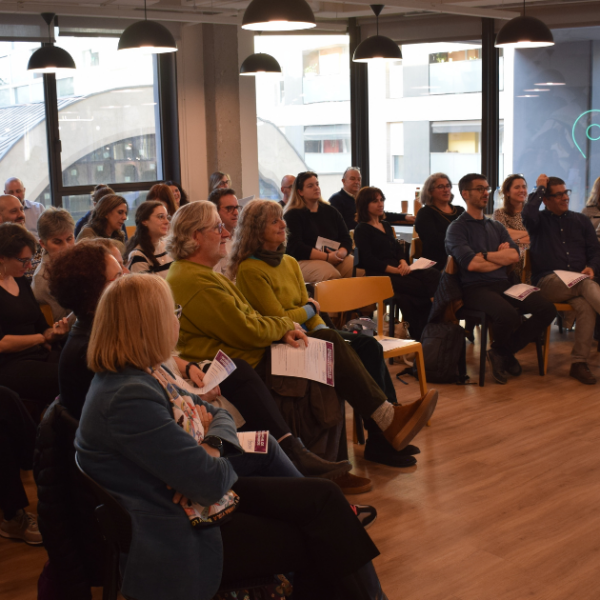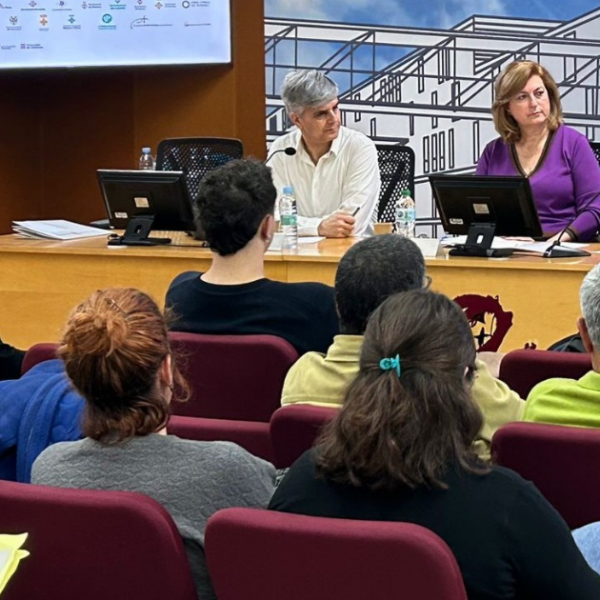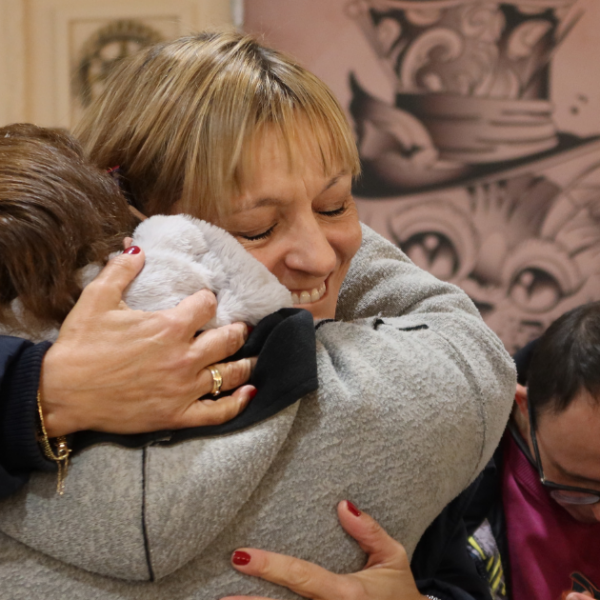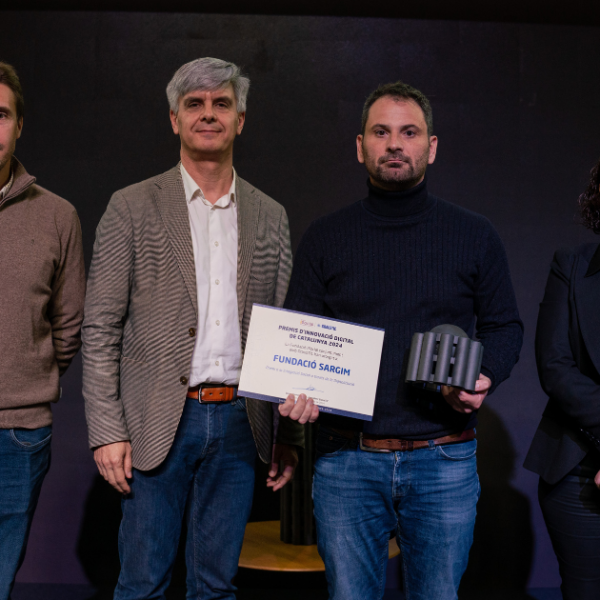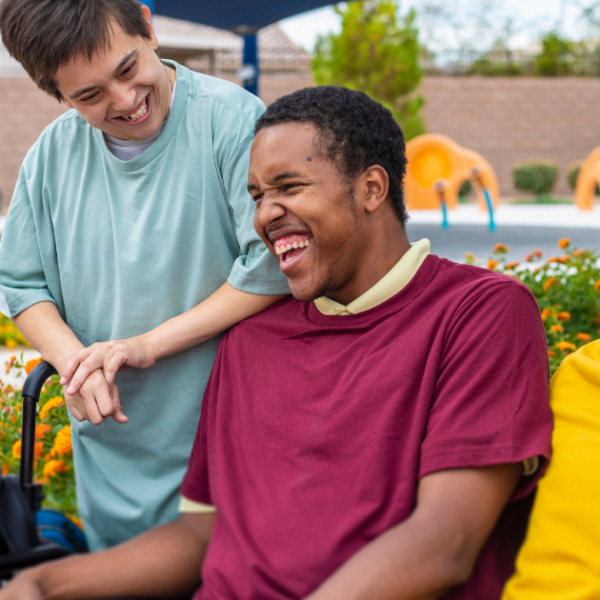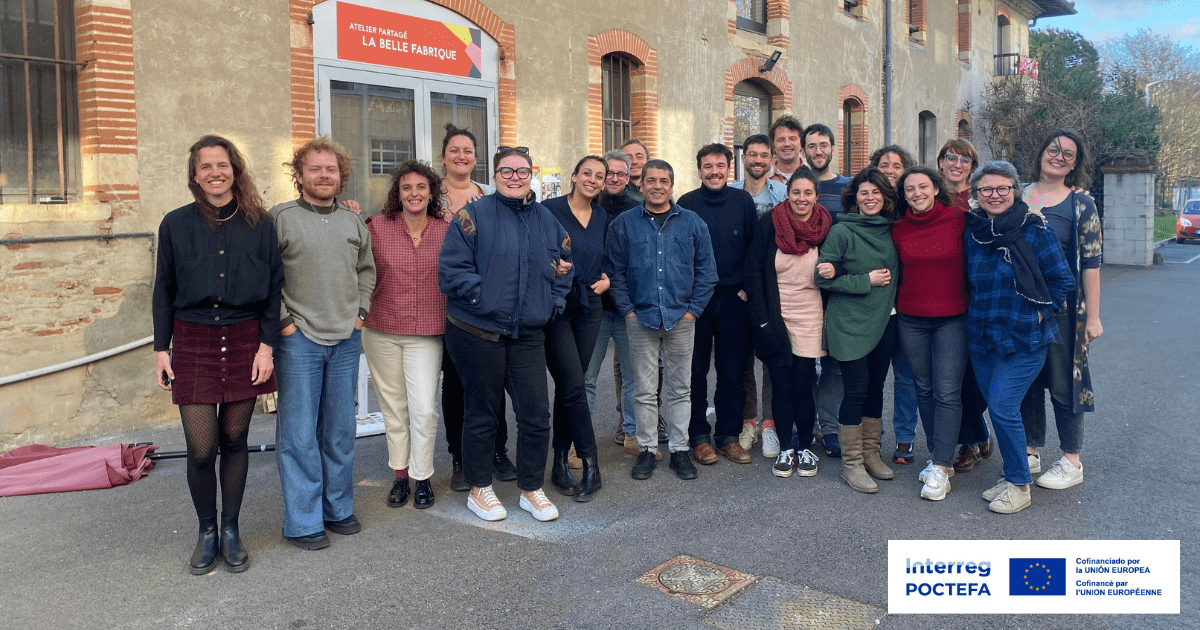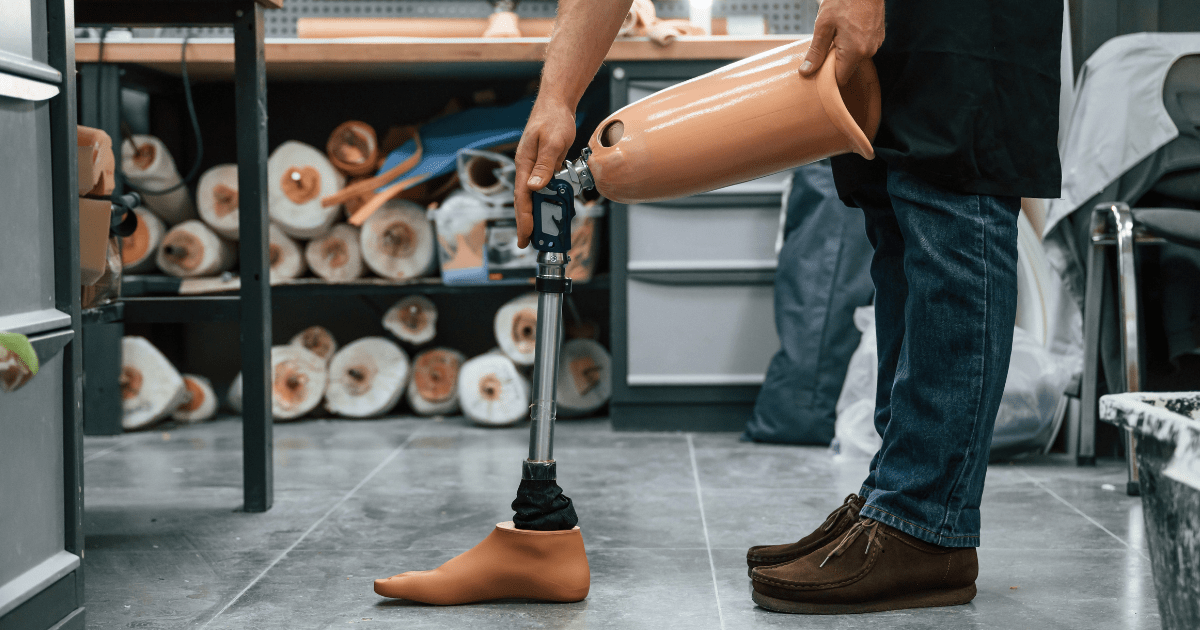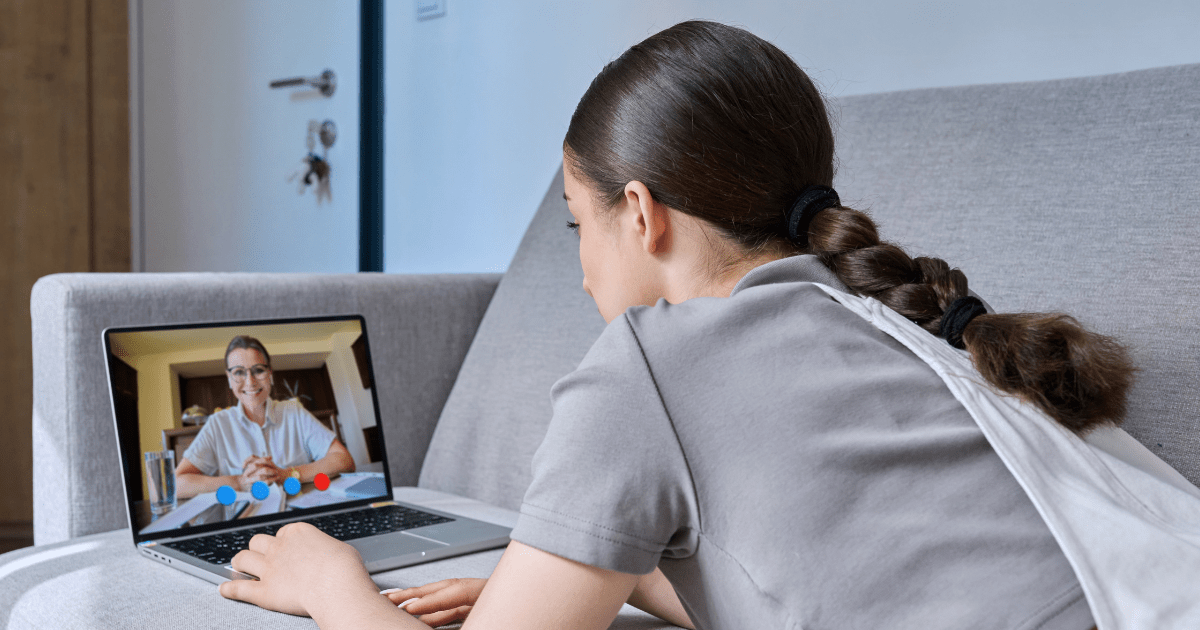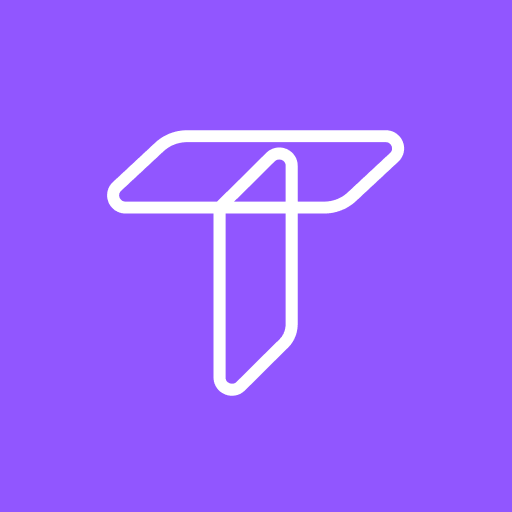COTI, a social network that facilitates digital communication for people with cognitive impairment
COTI, a social network that facilitates digital communication for people with cognitive impairment
COTI
COTI is a social network that connects people with cognitive impairment to their families and to professionals in the social and healthcare sector

COTI is a social network designed to improve communication between people with cognitive difficulties, their families, and healthcare professionals. The platform guides users step by step, helping them make the most of all available features. COTI is simple and accessible, tailored especially for those who may not be tech-savvy or who face cognitive challenges that make technology harder to use. Its aim is to involve both family members and professionals to ensure a smooth, inclusive digital experience.
To get started, users create an account and complete two short cognitive games. Based on these, the platform automatically creates a personalized setup. These interactive games assess key areas such as memory, attention, processing speed, and problem-solving abilities. This process gives COTI valuable insight into each person’s cognitive strengths, learning pace, and specific accessibility needs.
With the help of machine learning, COTI intelligently interprets this data to determine the most suitable usage mode for each user. It also considers future changes, either unlocking new features as the user progresses or adapting them in case of cognitive decline.
COTI also allows users to send messages, view follower profiles, manage their own profile, and organize their day through an integrated calendar. It includes dedicated features for caregivers, relatives, and professionals, allowing them to access important information, manage activities, and track the user’s progress. This supports better coordination of care and fosters digital independence for users.
Characteristics of innovation
Location
Catalonia
Partners / Founders
Cáritas, Innicia Asociacion, WeMind International Forum, Emancipatic
Genesis
COTI was born out of the experience of Antonio González-Adalid, a neuropsychologist who, during the pandemic, provided home care for people with dementia. While supporting Encarna, a patient with Alzheimer’s who lived alone, he realized she was isolated from her family because she didn’t know how to use a mobile phone. After two years of research and development—and with the help of a team of experts in psychology, design, and technology—he launched COTI in 2024 to make technology more accessible for people who struggle to use it
Implementation level
The platform is currently in its launch phase
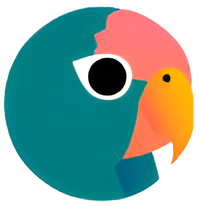
Banc d’innovacions


